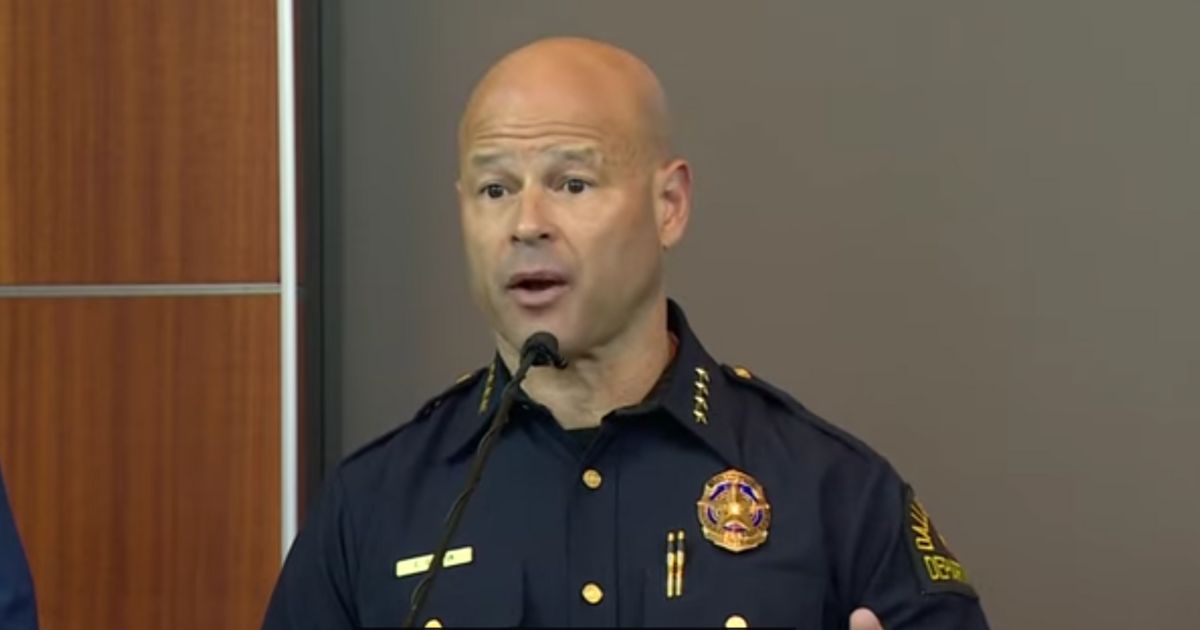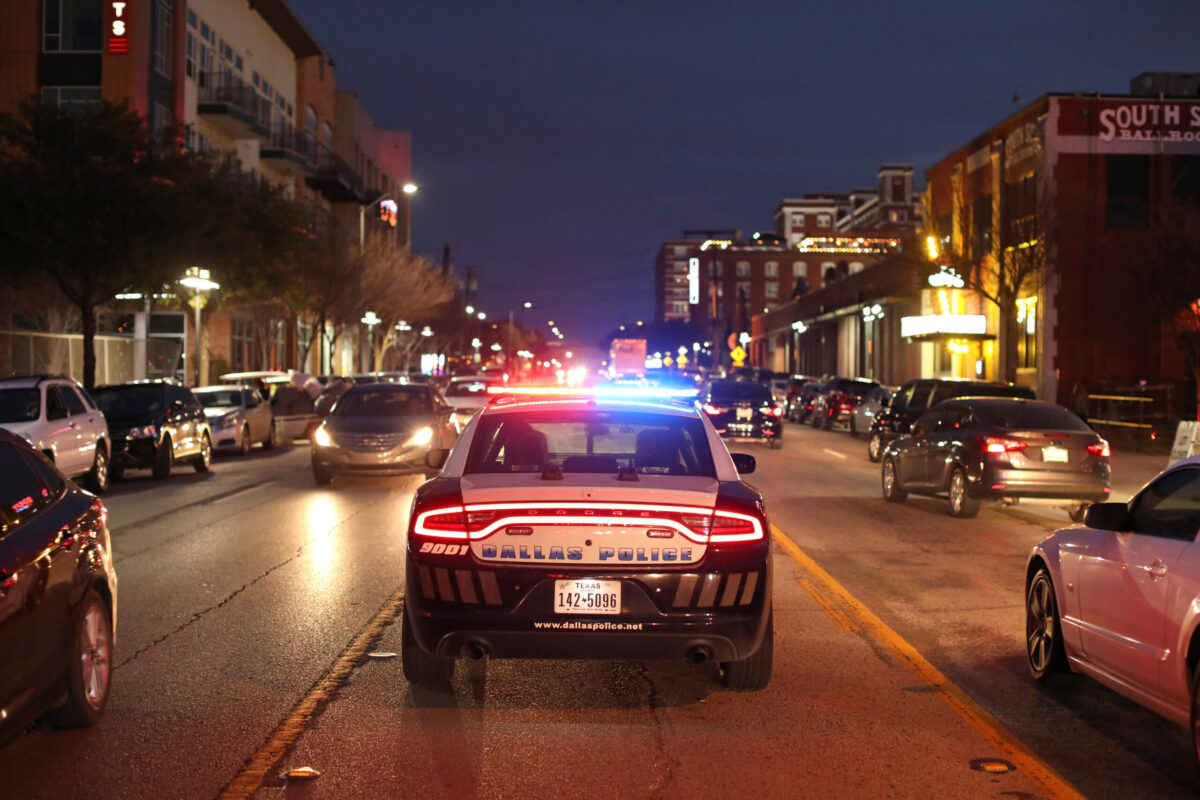Micro Mobility Revolution Races Ahead, as Policymakers and Police Try to Keep Up
Gabriel Kwok has been riding an electric unicycle since he was nine months old. He estimates that he’s covered about 2,000 kms on his briefcase-sized bike.
Emily Carr University film student at 21 has a car that can haul people and cargo. But his “wheel” His main mode of transportation to school and around the city is by this means.
Kwok stated that he’s had a few spills and had to jump a curb after a collision with a truck. However, he had no problems with the police, who gave him a smile or wave.
That was until Kwok was stopped by the Vancouver Police Department in mid-February—and given a $598 ticket.
His experience shows that there is still some confusion about the rules for electric micro mobility vehicles, including unicycles and scooters. Policymakers are trying to balance encouragement of their use with enforcement by police and disputes with other road users.
Kwok claimed that he was riding along Vancouver’s Main Street at the time when officers in unmarked cruisers stopped him and issued him a ticket under B.C.Kwok claimed he was riding along Vancouver’s Main Street, when officers in an unmarked Cruiser stopped him.
“Wherever I ride, usually I try to stick to neighborhood streets and bike lanes, but sometimes I occasionally have to get on main roads,” Kwok spoke. “Even then, (police) haven’t had any trouble with me.”
Kwok explained that Kwok soon became disappointed by the fine, and his anger quickly turned into confusion. He plans to challenge the ticket. Kwok said that the ticket officers did not respond to his questions or provide any explanations.
Sgt. Steve Addison, Vancouver Police Department, stated that the force prefers to educate people about traffic laws prior to issuing tickets.
“We do still have the option to issue tickets when people behave recklessly, put other road users in danger, or disrupt traffic,” Addison stated. “If someone thinks they’ve been unlawfully ticketed, they should dispute their ticket in court.”
Bradley Spence is the co-founder of Vancouver’s Eevee’s e vehicle retailer. He said that he asked every officer he met about traffic laws and micro mobility devices prior to opening his business.
“I didn’t want to open a store that is selling illegal products, and when I did my survey, every single officer thought it was really cool,” He stated.
But one officer did warn him that reckless riding could net a violation ticket, and now that warning has turned into a reality for several riders, Spence said.
According to the province, B.C.According to the Motor Vehicle Act in British Columbia, small electric transport devices are still illegal on streets and sidewalks. However, there are a dozen communities where electric scooters have been allowed under pilot projects. These include Vancouver and the Lower Mainland.
Scooters must comply with specifications regarding power, speed, wheel size, and braking.
Kelowna is also an active participant city. Since its launch in April 2021 the municipality has seen a steady increase in residents. “tremendous uptake” Cameron Noonan, transportation planner, stated that electric mobility is a viable option for both residents and tourists.
Noonan explained that there were many initial challenges to the pilot project. “it was a lot of change very quickly for our community.”
“We did have challenges with things like improper riding, riding on the sidewalks and intoxicated riding and improper parking where the vehicles were blocking sidewalks,” He stated. “That led us to make quite a few changes.”
Noonan stated that electric scooter complaints dropped 90 percent in 2022 due to tighter rules and education.
He claimed that the number households who own e-bikes has increased 10 times since 2018 to 2021.
“Providing the infrastructure for these new types of vehicles to be ridden safely away from people walking and away from traffic is the ultimate solution that we’re working towards,” Noonan said.
Micro mobility devices are being studied by academics and doctors.
Simon Fraser University sociology professor Travers went by one name. He started riding an unicycle around four years ago.
In the course of their research into Uber Eats’ use of unicycles, the professor delivered more than 2,000 Uber Eats orders on his unicycle. “legal grey area” They are occupy.
Travers says the electric unicycle has transformed their lives. It replaced 80 per cent of their car trips, and they feel better.
Travers reported no problems with the police. However, Travers said that food delivery workers who use micro mobility devices to transport their orders are at risk from cars as well as law enforcement. Traffic rules are still unclear about what is acceptable.
“We’re at I think a really pivotal moment. We have this burgeoning sector of electric micro mobilities that allow people to move from point A to B with a lot less energy,” Travers said. “I’m 61 years old and I feel graceful again.”
Transportation engineers and medical experts agree that safety regulations and infrastructure must catch up with the rising popularity of these devices.
“It is always the case that policy and regulation lags behind innovation,” Dr. Ian Pike is the director of the B.C. Injury Research and Prevention Unit.
Pike stated that education, enforcement and engineering can reduce the risks of vehicles while making roads safer.
“People have to be aware that if they are misbehaving and if they’re acting unsafely, they will be caught and they will be penalized,” He stated.
Dr. Jeff Brubacher is the director of the University of British Columbia’s road safety and public-health research lab. He said that there are not many local data about injuries related to micromobility devices.
Brubacher claims that e-scooter riders are “vulnerable road users,” Research shows that injuries to the head and neck were often not caused by alcohol or helmets.
According to him, most injuries are minor and caused by riders losing control.
Alex Bigazzi is a UBC civil engineering professor who stated that the province must act quickly to update the Motor Vehicle Act. “to allow a more diverse array of vehicles,” However, speed limitations may apply.
It is vital to provide separate infrastructure for ebikes, escooters, and other devices, he stated. “it’s most critical that we eliminate conflicts with pedestrians.”
Kwok, a rider on an electric unicycle, stated that his wheel has many benefits beyond reducing gas consumption.
“The main benefit I’m noticing is in my mental health because it’s more fun to experience the city on a wheel than in a car for me,” He stated.
The police will not stop him from going on the streets, even though he has been fined.
“I don’t want this to generate fear or stop people from riding around because in my opinion it is a very useful mode of transport,” He stated. “I don’t want fear of being pulled over by one cop to restrict that.”
From Micro Mobility Revolution Races Forward, as Policymakers and the Police Strive to Keep Up
Conservative News Daily does not endorse or share the views or opinions expressed in this article.
" Conservative News Daily does not always share or support the views and opinions expressed here; they are just those of the writer."





